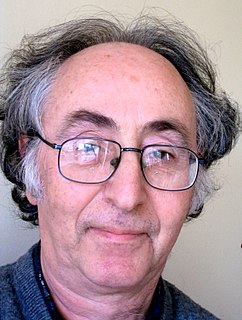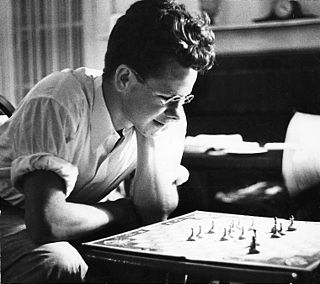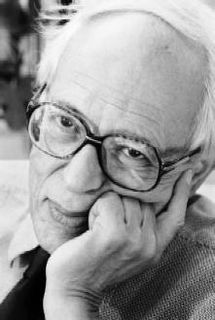A Quote by Gary Zukav
The development of physics in the twentieth century already has transformed the consciousness of those involved with it. The study (of modern physics) produces insights into the nature of reality very similar to those produced by the study of eastern philosophy.
Related Quotes
I read a book called 'The Tao of Physics' by Fritjof Capra that pointed out the parallels between quantum physics and eastern mysticism. I started to feel there was more to reality than conventional science allowed for and some interesting ideas that it hadn't got round to investigating, such as altered states of consciousness.
It is true that physics gives a wonderful training in precise, logical thinking-about physics. It really does depend upon accurate reproducible experiments, and upon framing hypotheses with the greatest possible freedom from dogmatic prejudice. And if these were the really important things in life, physics would be an essential study for everybody.
Protestant parents still keep a Bible handy in the house, so that the children can study it, and one of the first things the little boys and girls learn is to be righteous and holy and not piss against the wall. They study those passages more than they study any others, except those which incite to masturbation. Those they hunt out and study in private.
In the eighteenth century it was often convenient to regard man as a clockwork automaton. In the nineteenth century, with Newtonian physics pretty well assimilated and a lot of work in thermodynamics going on, man was looked on as a heat engine, about 40 per cent efficient. Now in the twentieth century, with nuclear and subatomic physics a going thing, man had become something which absorbs X-rays, gamma rays and neutrons.
That makes me think, my friend, as I have often done before, how natural it is that those who have spent a long time in the study of philosophy appear ridiculous when they enter the courts of law as speakers. Those who have knocked about in courts and the like from their youth up seem to me, when compared with those who have been brought up in philosophy and similar pursuits, to be as slaves in breeding compared with freemen.

































